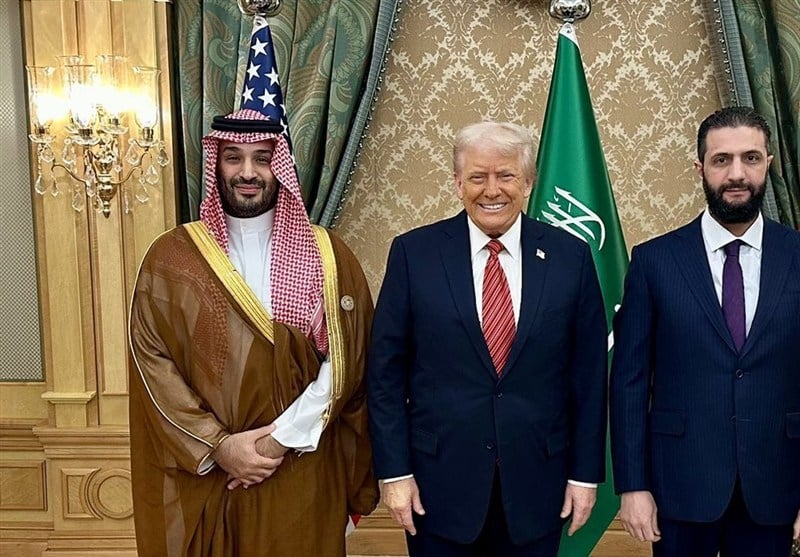From Ankara to Washington: A look at the foreign policy of Ahmed Al-Sharaa.
Ahmed al-Sharaa, known as “Abu Muhammad al-Julani,” after arriving in Damascus in December 2024 as the leader of the new Syrian government, shaped his foreign policy based on domestic developments and regional and international pressures. This policy, which can be divided into three distinct periods, represents a transition from initial dependence on Turkey and the Arab world to balancing and ultimately centralizing the United States. This process not only reflects the challenges of consolidating al-Sharaa’s power but also his efforts to maneuver among regional and global powers in order to lift sanctions, ensure security, and gain international legitimacy. In the following, this article examines each period, its influencing factors, and its consequences, focusing on diplomatic and strategic aspects.
Period One: Initial Dependence on Turkey and the Arab World (December 2024 to January 2025)
During this period, al-Sharaa’s foreign policy focused mainly on strengthening relations with Turkey and the Arab Gulf states to consolidate the foundations of domestic power. This approach, rooted in al-Shara’s historical dependence on Turkish support, was based on the assumption that proximity to Ankara could ensure the security of northern Syria, while engagement with the Gulf states could provide financial resources and Arab legitimacy. However, key developments during this period demonstrated the limitations of this strategy.

